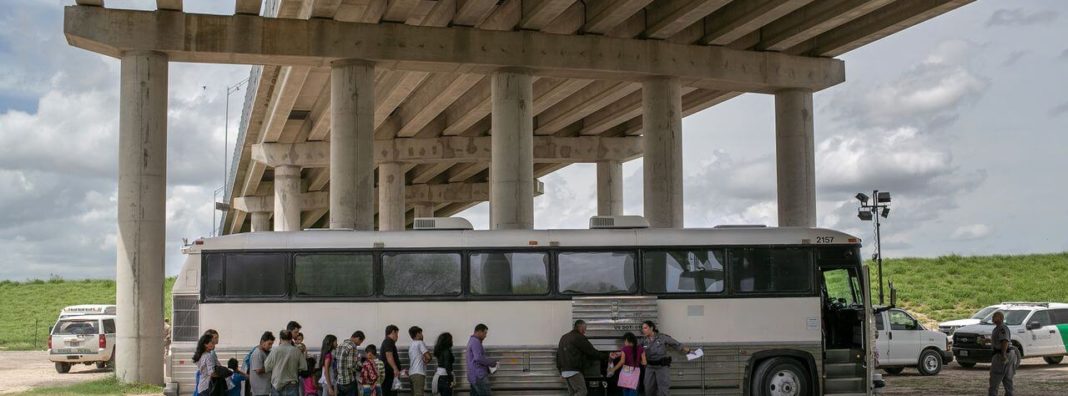
Latinos are quickly becoming a large portion of the American electorate, and issues that are important to them will be a big part of 2020 election strategies. A major element of that outreach strategy will be how candidates handle immigration.
But an unlikely immigration issue is actually a collection of state policies that hold immigrants back — occupational licensing. These laws regulate who can work in certain professions and even though the moderators at the debate asked several questions about how federal candidates would improve the lives of immigrants state policymakers can do a lot as well.
A new research paper published by the Center for Growth and Opportunity at Utah State University looks specifically at how licensing laws affect immigrants, and the results are intimidating. The study found that immigrants are 34 percent less likely to obtain government licenses than natives.
There are multiple reasons that this could be the case. Many tests required to become licensed are only available in English, which puts those who speak English as a second language at a disadvantage. Some states require that licensees be U.S. citizens, as Massachusetts does for funeral directors. These rules bar even legal immigrants from those occupations, even if they worked in them before they came to the U.S.
At the root of all of these problems is the fact that licensing is a barrier to employment. Researchers call it, “skill wastage” because people who have skills to work in an area are barred from doing so.
Imagine an Australian electrician who moves to the U.S. There should certainly be checks that she knows about differences between the electrical practices of the U.S. and “down under,” but the authors of the study find that many highly educated and skilled immigrants don’t pursue licensing because of the costs of obtaining a license in the U.S.
This skill wastage makes everyone worse off. Many immigrants have skills that can benefit U.S. consumers and earn a good wage for the immigrant, but neither occur when licensing eliminates opportunities to work. Worse, skill wastage is just the tip of the iceberg.
The recently released research suggests that licensing limits immigrants’ ability to move between states and may exacerbate worker shortages and slow the entire economy. Licenses are difficult to earn and are generally only valid in the locality that they were earned in, making workers less mobile. Immigrants are generally more mobile than the average worker, as they tend to move towards areas in need of workers If occupational licensing rules limit the mobility of immigrants, they are likely to also diminish the important role that immigrants play in the economy.
An easy first step at reforming occupational licensing rules to make them friendlier to immigrants would be having tests available in more than just English. Past changes that provided licensing exams in Vietnamese brought more Vietnamese women into manicuring, so it’s likely to be a simple and promising reform in other occupations as well.
In total, licensing creates substantial costs for the economy, but those costs fall on immigrants harder than on others. That’s something that the 2020 candidates probably won’t focus on during the campaign, but it’s one where state policymakers could do a lot to improve the economy as a whole and help immigrants find jobs in their new homes.


 Daily Caller
Daily Caller